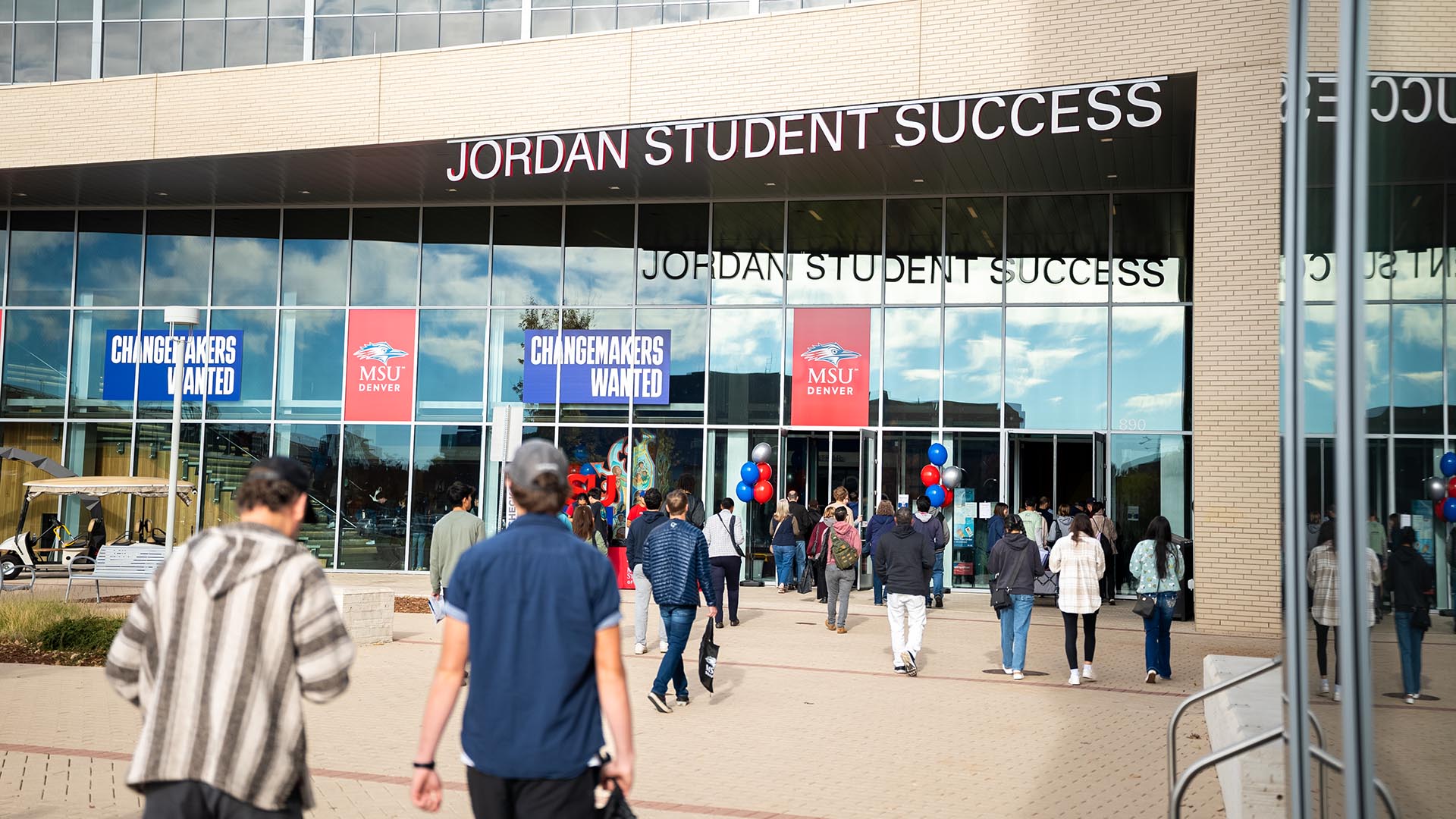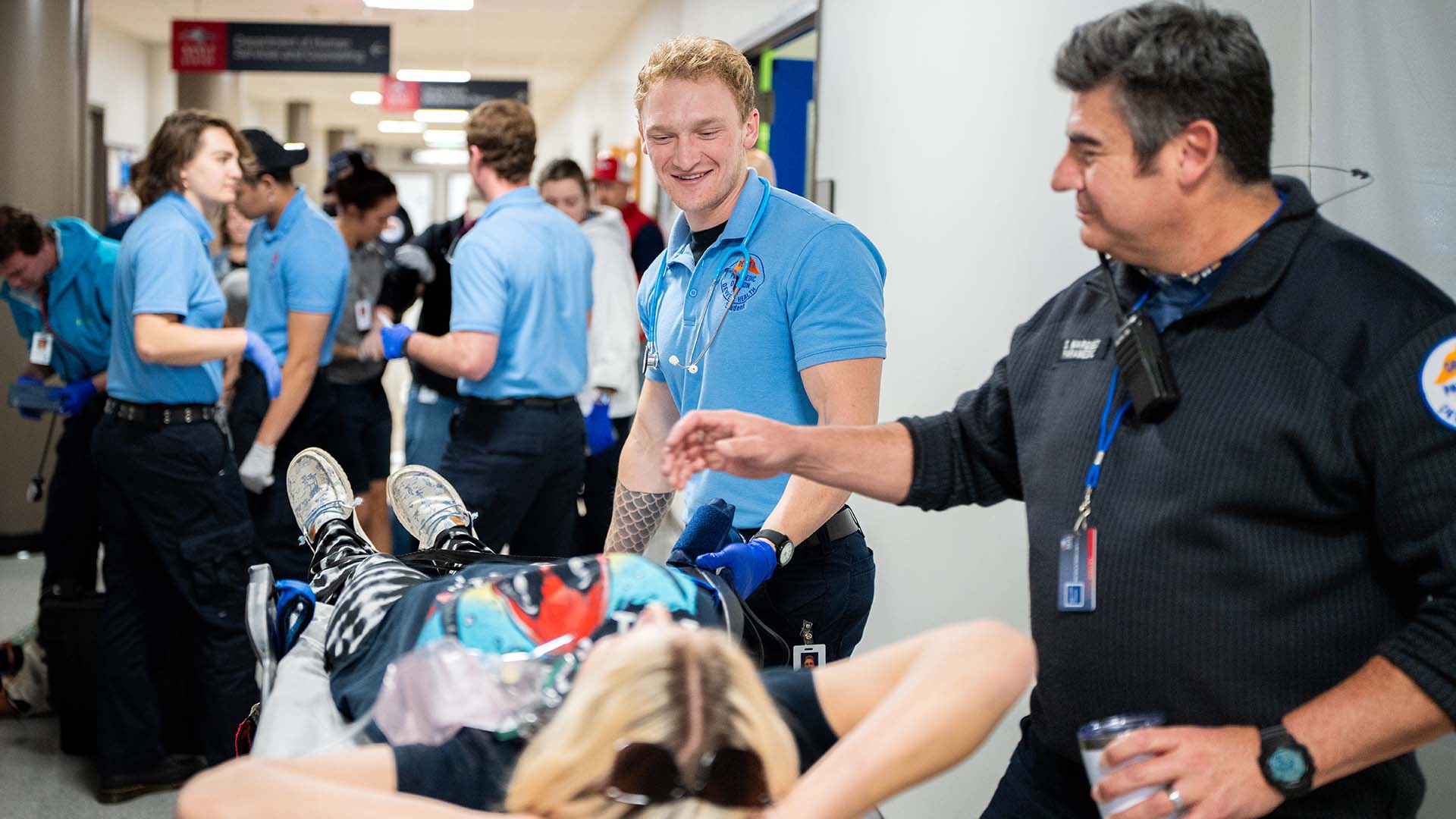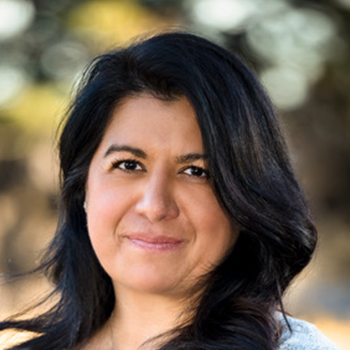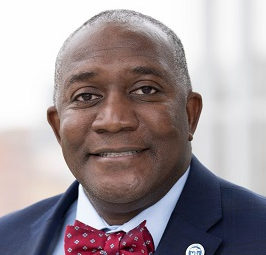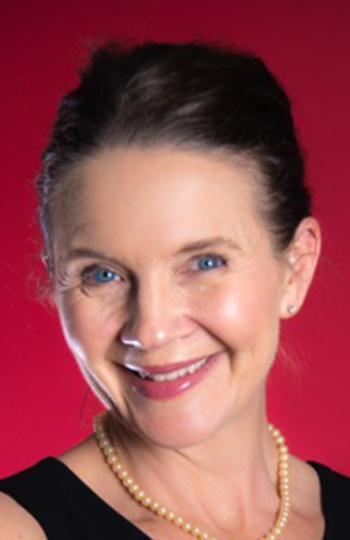Class is over. Now the real work begins…
For university students, it’s no longer enough to just get good grades. Employers are looking for that little extra something.

Here’s an apocryphal story: Guy goes to college, does well in his classes and passes his degree with good grades – but now he’s a bartender and can’t kick-start his career. The reason: At every job interview, he is asked: “Yes, but what else did you do at college?” And he has nothing to say.
This particular story may be fictional, but you can bet thousands of graduates across the United States would recognize aspects of their own experience in it.
And that’s because college isn’t just about college anymore.
A tougher job market and increasingly demanding employers have completely changed the landscape. Once, thinking about a job was something undergraduates might reluctantly start to do in their final year (or, sometimes, their final semester).
But today’s canniest students have an eye on their future employment prospects from day one.

Success story
From his enviable employment perch at Charles Schwab bank in New York, recent graduate Chrys Papachristou is living proof of how to transform a college education into a good job.
This military veteran student, who studied at Metropolitan State University of Denver, was always a man with a plan. From the moment he stepped onto campus, he was determined to build his resume and make professional contacts.
As a married man with a baby on the way, Chrys had little thirst for traditional student antics. He knew that college was a means to get a worthwhile career. Better than that, he had a strategy.
Chrys recalls, “From the outset, I attended all these free classes that the college provided – tutorials on building a better resume and workshops that explained how to be more professional in interviews. I quickly learned the importance of presenting myself in the right way and knowing what to say.”
So when the University held an employer fair, guess who was there in a nice suit handing out his resume and charming the assorted company representatives?
He quickly hit pay dirt. “The guy from Charles Schwab said ‘Shoot me an email’ and within a couple of weeks I got an email back saying they were interested. I had a couple of interviews and that was that,” Chrys says.
“My job now at Charles Schwab is amazing. There are lots of opportunities to grow in the company and they’re pretty big on encouraging staff to aim higher. I really landed on my feet.”

Extracurricular skills
One thing that made Chrys stand out was that he was able to demonstrate many of the hard skills – leadership, team work, project management, strategic thinking – that employers crave. Cliché though it may be, recruiters really are looking for candidates with “the right stuff.”
And the good news is that college is the ideal place to find stack-loads of just such stuff. As Braelin Pantel, dean of students at MSU Denver, puts it, “Clearly, students gain tremendous knowledge in the classroom. But they can round out their experience and develop their skill set even more by getting involved in broader college activities – such as student clubs and organizations, volunteer opportunities and specialized programs.
“That’s where students can find numerous opportunities to apply themselves in creative ways, and learn about important skills such as networking and how to manage projects. In doing so, they will build their resumes and start to present themselves as dynamic, collaborative, go-getting, sure-fire, hot career prospects.”
Internships, of course, are even better. Each one is a pocket-sized example of someone’s ability to do a job well.
Harsh world
At this point, any students reading this feature might be thinking, well, this is all a little unfair. After all, University courses can be pretty tough going in themselves – and everyone deserves to have at least some fun, right?
Well, yes they do. But you have to measure that against the following facts.
College presents students with a unique combination of circumstances to bolster their resume – downtime from classes, lots of groups and societies to join, professional job-seeking advice on tap. But all these disappear at the moment of graduation. And once they leave, the real world can be much harsher.
Our apocryphal bartender, working long shifts and filling out endless job applications, would surely (if he existed) look back ruefully at all those missed chances: the student clubs not joined; the job fairs left unattended; the opportunities not taken.
Working behind a bar is a fine and noble occupation, and pays the bills for thousands of workers across America. But ultimately, nobody ever went to college with the ambition of being a bartender.
Harsh as it seems, for today’s students the ringing of the class bell often means the real work is just beginning.


